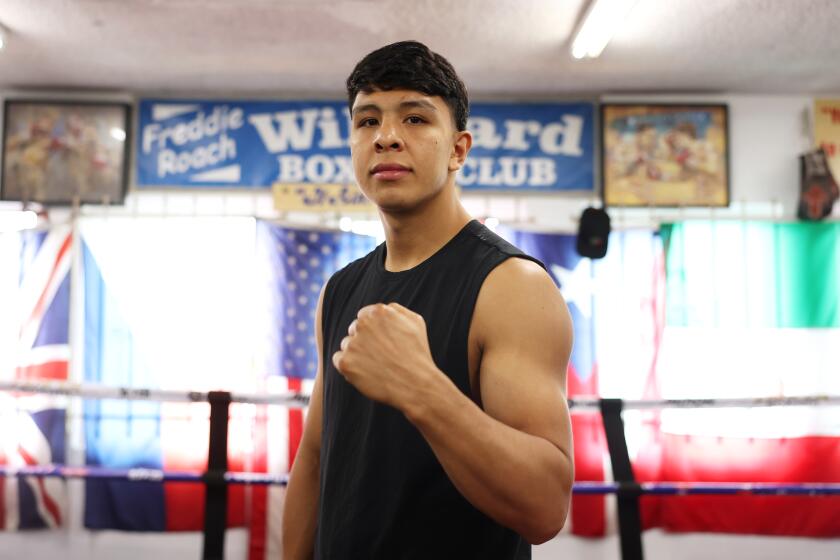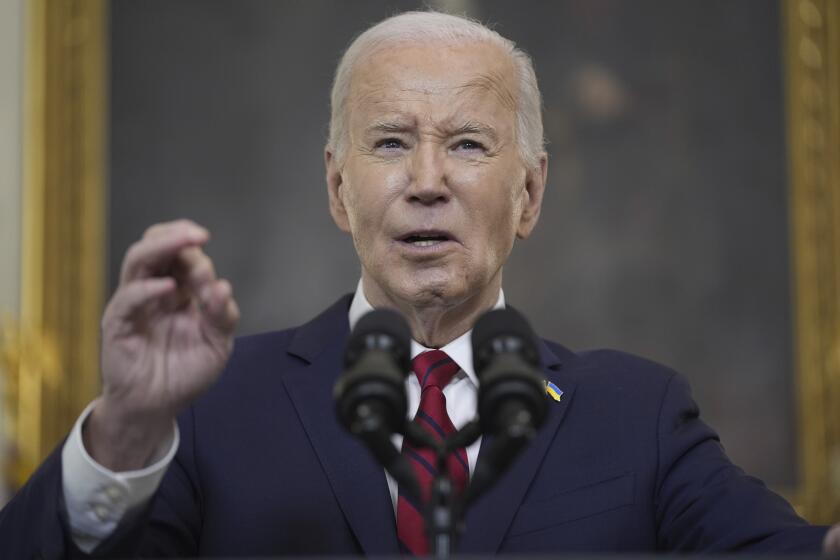Rio de Janeiro shantytown is oasis in sea of violence
A far cry from the image of violence and lack of security in Rio de Janeiro’s poor neighborhoods, the “favela” or shantytown of Tavares Bastos is a peaceful community without drug trafficking or militias (paramilitary groups) and reflects the great contrasts of Brazilian society with the flavor of jazz, urban art, feminism and the neighborhood.
Rio’s tremendous inequalities are embodied in the greater metro area’s unique landscape, and the thousands of sun-worshipping tourists who flock to the beaches of Ipanema and Copacabana each year can easily look inland to see the nearby hills over which the favelas spread living a parallel existence with their worldwide infamy as danger zones.
However, not everywhere in the favelas is there insecurity, drug trafficking and mortal danger. Tavares Bastos, in southern Rio, is the exception to the rule: a safe place in part due to the presence there of the headquarters of the Military Police Special Operations Battalion (BOPE).
Among the features of this favela are the activities sponsored by the NGO Rede Nami, which promotes art and feminism and offers a spectacular house of jazz known as “The Maze” that shines as a work of art.
Getting into the favela is a matter of negotiating a labyrinth of cobblestone streets running up and down hills, eyed by stray dogs and cats, passing the multitude of humble and colorful shacks that crowd and jumble against one another in a disorderly mess that - somehow - seems premeditated or planned.
Inside the favela, the residents know each other and greet one another with friendliness and trust, and many doors remain open all day and much of the evening, a mark of the safety of the place.
Severino Silva, one of the locals, is a photographer and has lived in Tavares Bastos for 40 years, calling it “one of the calmest communities” in Rio, in fact a “paradise.”
Silva told EFE that it’s normal to see kids playing in the street until late in the evening without worrying that a shootout might break out, and everywhere people help one another on tasks large and small.
The tranquility here and the special character of the locale has led film directors to select the neighborhood for movies such as “Tropa de elite” - an awardwinning film about the BOPE - and “The Incredible Hulk”, and US rap stars Snoop Dogg and Pharrell Williams filmed a music video here.
One of the community’s major attractions is “The Maze, operated by British journalist and artist Bob Nadkarni, who fell in love with Tavares Bastos at first sight.
Nadkarni knew a local woman and when he visited her at her home, he decided to live here himself. He bought a house and established one of Rio’s best known nightspots, with open air jazz shows with the spectacular view of Rio’s iconic Sugarloaf Mountain as a backdrop.
The Maze is one of the highest points - in terms of elevation - in the community and so it has some great views. In addition, its walls are adorned with paintings, colorful mosaics and huge pictures, all the work of the owner.
He says that Tavares Bastos “is heaven,” the only site in Rio where “you know that nothing’s going to happen to you” and where you can walk the streets safely at night.
Strolling through the favela, however, one can also see a message of protest and revolution. The cement walls of the community are the canvas for urban art, featuring graffiti with assorted messages and street art commemorating Rio councilor and activist Marielle Franco, who was assassinated just over a year ago, and Nobel Prize winner Malala Yousafzai .
Feminism, solidarity and the rejection of the government of ultrarightist President Jair Bolsonaro are the main themes of the street art in Tavares Bastos.
On one of the streets is the headquarters of Rede Nami, the director of which - Pamela Castro - told EFE that they want to use art to promote the rights of women and that, although she agrees that this favela is peaceful, because of her activism and the causes she defends she feels at risk.
Castro also said that “the people of the favela are not judged and defended like people in the rest of the city,” and so her activism is designed to break down the prejudices that have marginalized the local residents.
A mix of art, music, solidarity and safety are the foundations of Tavares Bastos, which stays away from the illegal drug trade and the power of the militias and has established itself as a something of a “paradise” within an otherwise edgy and dangerous metropolis.



